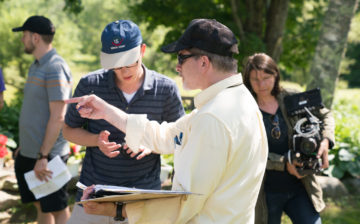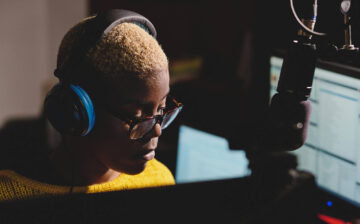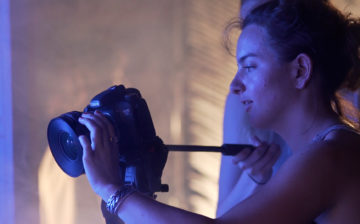Workshops
Learn Documentary Methods for Working Successfully in Minority Communities
There are no available registration dates at this time.
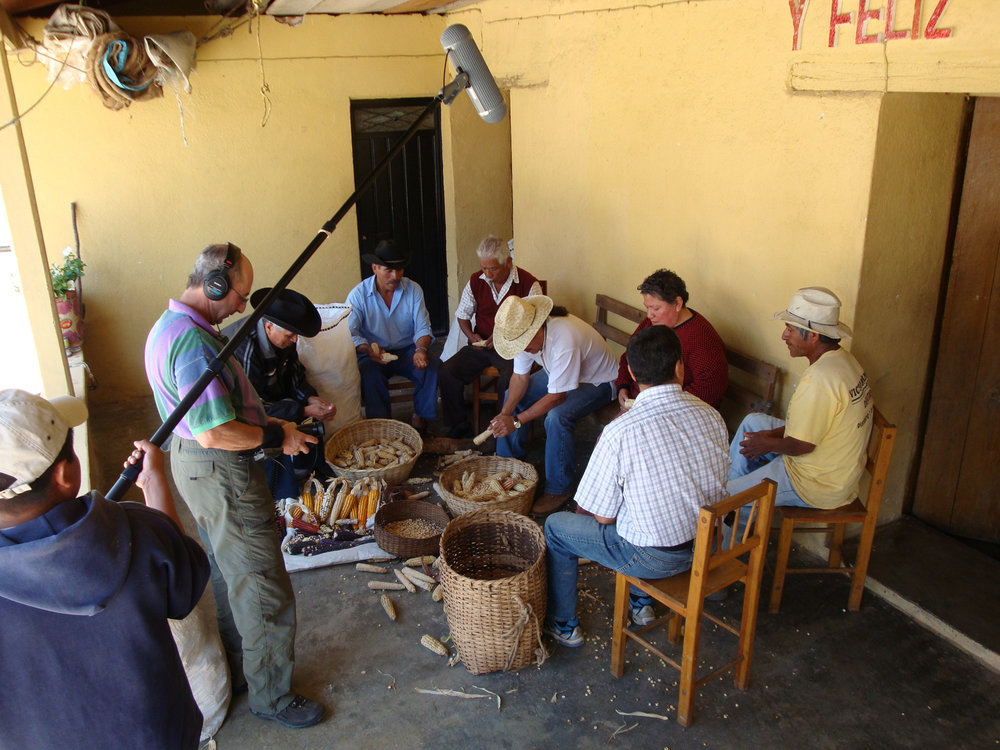
Documentary work in indigenous and minority language communities is challenging and also immensely rewarding. Enable your personal strengths and learn the methods for documenting language and storytelling in indigenous communities.
The world is changing rapidly and video has been telling those stories. But indigenous and minority language and culture communities, wherever they are located, need to conserve tradition while balancing the effects of change. These projects present complexity and special challenges for filming because community members may view the filmmaker either or both as an agent of conservation or as representing (possibly unwanted) change. Just getting started can take much longer and presents special challenges that turn on establishing solid trust, communication, and understanding. You will be challenged to understand and synchronize the needs of the community with your own objectives as a filmmaker so that the project is meaningful and supportive to all parties.
Getting it right has never been more important for there has never been more opportunity and need for video storytelling in heritage culture communities. Human rights, environmental justice, traumatic history, and the rapid disappearance of the world’s languages and cultures, many of which have never been documented, offer filmmakers and specialists such as linguists, cultural anthropologists, ethnobotanists, and sociologists opportunities for documentation and research. For filmmakers there are rich and compelling stories and community work that raises awareness, bridges cultures, contributes to world heritage preservation, and empowers positive social change.
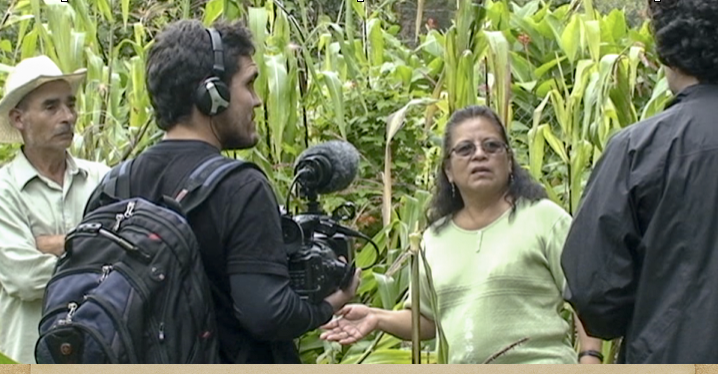
The class presents the most flexible gear and technologies for realizing dynamic “never seen before” visual cultural experience. The week includes a one-day shoot in an indigenous community that will give you the opportunity to engage in cross cultural communication and hone production skills in a uniquely different social environment. You’ll grow in confidence as you collaborate for review and gain understanding of the footage and how to use it. The class will also cover post-shoot techniques such as logging footage with participants for language research or captioning.
- Discover your own special talents for this work.
- Learn the components of successful culture bridging projects such as intercultural collaboration for project development employing the facilitator approach.
- Expand craft possibilities filming hand held in natural conversation and activity where you don’t know the language being spoken.
- Use video feedback for community participation and awareness raising.
- Collaborate for maximizing the usefulness of your media and bridging the community’s story to the outside world and the world’s response back to the community.
Topics include:
- Solving technical challenges when filming in adverse conditions such as: cloud forests, or where audio is coming from 7 different people scattered in a field or where to focus when you don’t understand the content
- Project development, establishing contact, and buy in
- Developing collaboration and focus
- Personal confidence in overcoming pitfalls, obstacles, the unexpected
- Shooting life and language as it’s actually lived in a different culture
- Post production collaboration in an unfamiliar language and culture
- Representing non-western world view and experience
- Documenting and reviving endangered languages
- Techniques for finding paths to social change with video
By the end of the course, you will feel new confidence in working in unfamiliar circumstances having learned and practiced the craft and technical skills that allow new project development, or problem solving in ongoing projects. Add to your flexibility, imagination, and ability to both create media that is important to the participants and the world, valuable to your repertoire, and above all, personally satisfying.
Scholarships based on financial need are available.
Header Image: Stephanie Braconnier
Share This
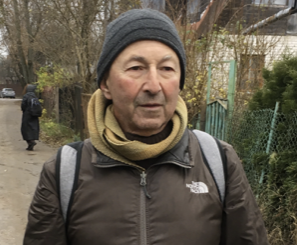
Instructor: Ben Levine
Ben Levine, MA. is a documentarian whose award-winning work expands uses of community documentary video from storytelling to forging new approaches to visual documentation of endangered language. He has been a leader in using video for language and cultural revitalization and social change.


